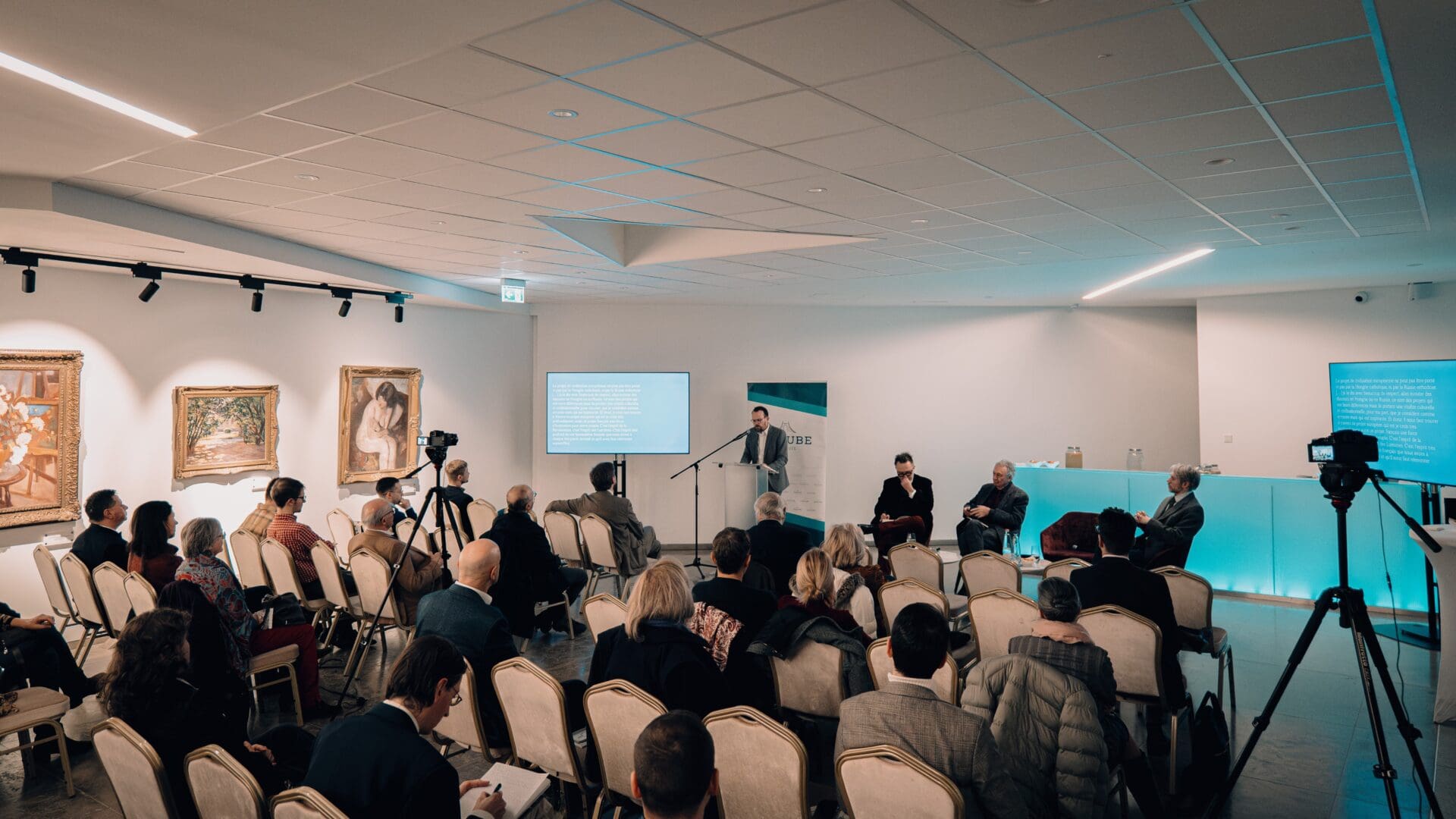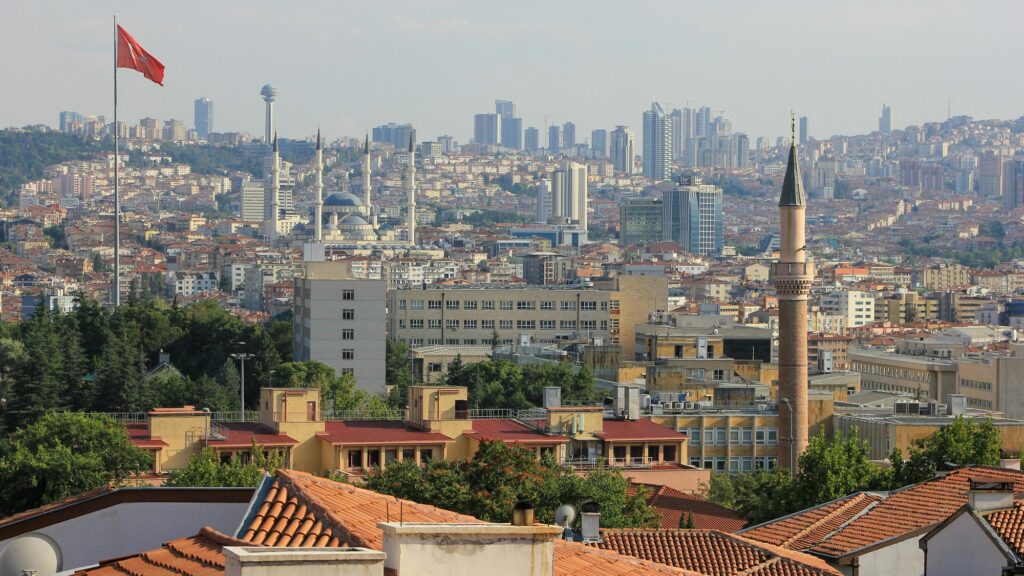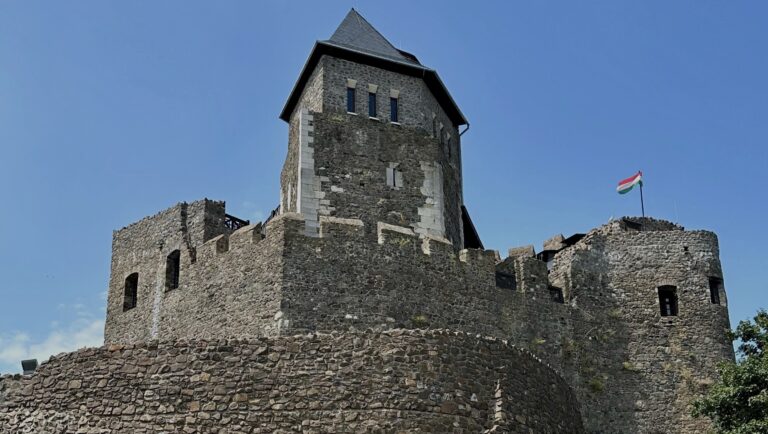According to world-famous author Samuel P. Huntington, ‘the Russian-Ukrainian relationship is the core essential for the unity of the Orthodox world.’ In his book titled The Clash of Civilizations and the Transformation of the World Order Huntington argued that Orthodoxy represents a line of division between the East and the West. He described the community of Orthodox Christian countries as a separate civilization. However, especially in the light of recent international conflicts and changes in the world, the question arises if there is an ‘Orthodox world’ at all, Dr Samuel Noble contended in his lecture at the Danube Institute.
‘Historically, Orthodox Christianity as such has generally proven to be extremely suitable for nurturing and preserving national identity,’ Dr Samuel Noble stated at the beginning of his presentation at the Danube Institute on 31 January 2024.
The still-existing rift between Western and Eastern Christianity is due to a number of factors, some of which are historical, while others are political and theological. In addition, theological disputes and schisms throughout history have also shaken the unity of the Orthodox Church, with doctrinal disagreements often leading to divisions and rifts within the faithful. While in principle Orthodox Christianity professes a commitment to unity within the Church and seeks to engage with other Christian denominations and religious traditions, achieving genuine reconciliation and understanding remains elusive.
Deep-seated theological differences, historical grievances, and cultural barriers hinder efforts towards ecumenical cooperation,
posing a formidable obstacle to the realization of Christ’s prayer ‘that they may all be one.’ Furthermore, the Orthodox Church also grapples its relationship with the state and broader society. In some contexts, the Church wields significant political influence, shaping public discourse and policy decisions. However, this intertwining of religion and politics can lead to controversies and conflicts, raising questions about the proper role of the Church in secular affairs and the safeguarding of religious freedom.
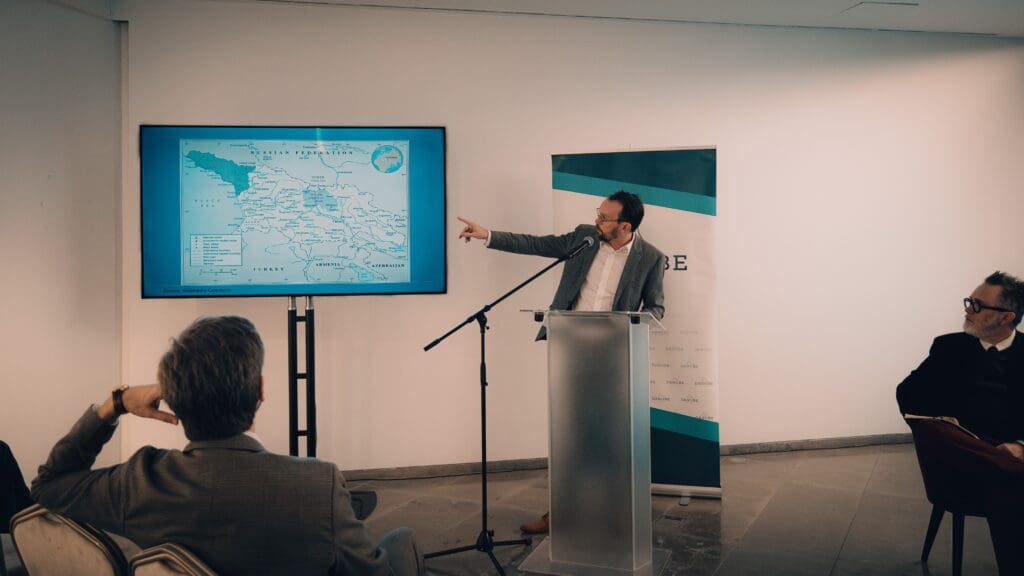
Cultural challenges also abound within the Orthodox world. As globalization erodes traditional societal structures and values, Orthodox communities wrestle with issues of identity, assimilation, and acculturation. The tension between preserving ethnic heritage and embracing cultural diversity is particularly challenging, especially in diaspora communities where the Orthodox faith intersects with various cultural contexts. Moreover, the Orthodox Church faces internal challenges related to hierarchy, governance, and accountability. Instances of clerical misconduct, abuse scandals, and allegations of corruption have tarnished the reputation of the Church and undermined trust among the faithful.
In his presentation, Dr Samuel Noble delved into the historical significance of Orthodox Christianity in fostering and preserving national identity. He illustrated how countries with a predominantly Orthodox Christian population have been able and willing to preserve their traditions. Contrary to the proposition put forth by Samuel Huntington, Dr Noble highlights the primacy of national identity in countries professing Orthodox Christianity, as a result of which the Orthodox community has never truly been able to form one unified bloc. However, contemporary ideologies and theories have emerged that underscore the significance of the Orthodox religion.
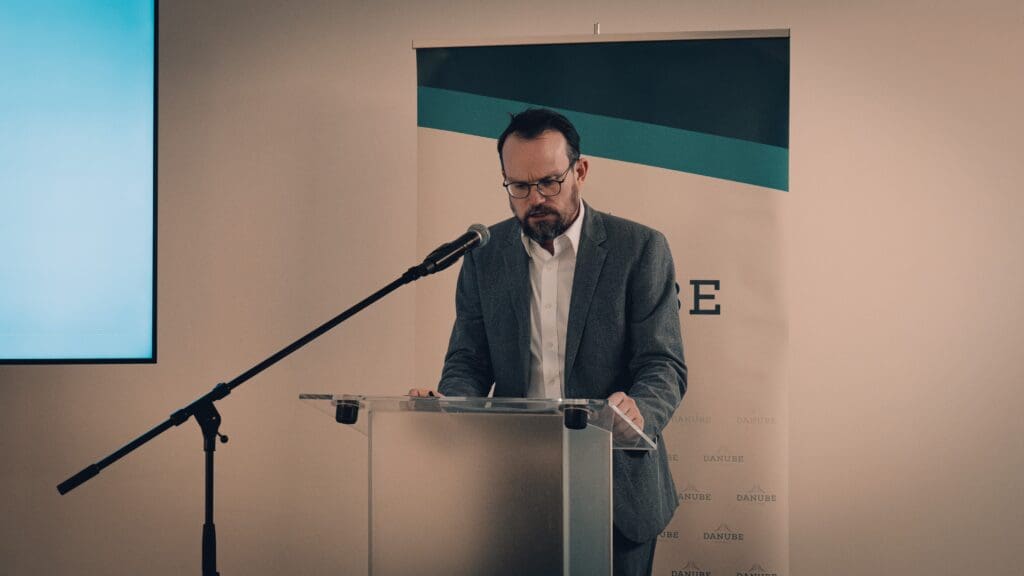
Central to Dr Noble’s ideas are the examination of Russia and its pivotal role within the Orthodox community. In his lecture he noted that there is a palpable resurgence of interest in Orthodox religion within Russia, signalling a concentrated effort by the nation to assert itself as a central figure among Orthodox communities. This emphasis on Orthodox Christianity in Russia reflects a broader trend wherein nations seek to consolidate their influence within religious spheres. The discourse surrounding ideologies positioning the state as the nucleus of a given civilization has gained increasing significance within Russia, mostly exemplified by the gradually increasing popularity of Eurasianism and the Russian World Ideology within the country. It is noteworthy, however, that
such ideologies do not have the ambition to assume complete responsibility for the entire Orthodox world,
Dr Noble highlighted. Yet, against the backdrop of a shifting global order, the geopolitical salience of communities unified by shared cultural, linguistic, and religious bonds assumes paramount importance, a phenomenon accentuated not only by the ascendancy of China and India but also by emergent efforts within the European Union to foster a coherent civilizational identity transcending utilitarian pursuits. According to Samuel Noble, the Orthodox religion and the attendant controversies it engenders are posited to wield considerable influence over the trajectory of Europe, in particular in light of the scheduled EU integration of several Orthodox-majority countries.

